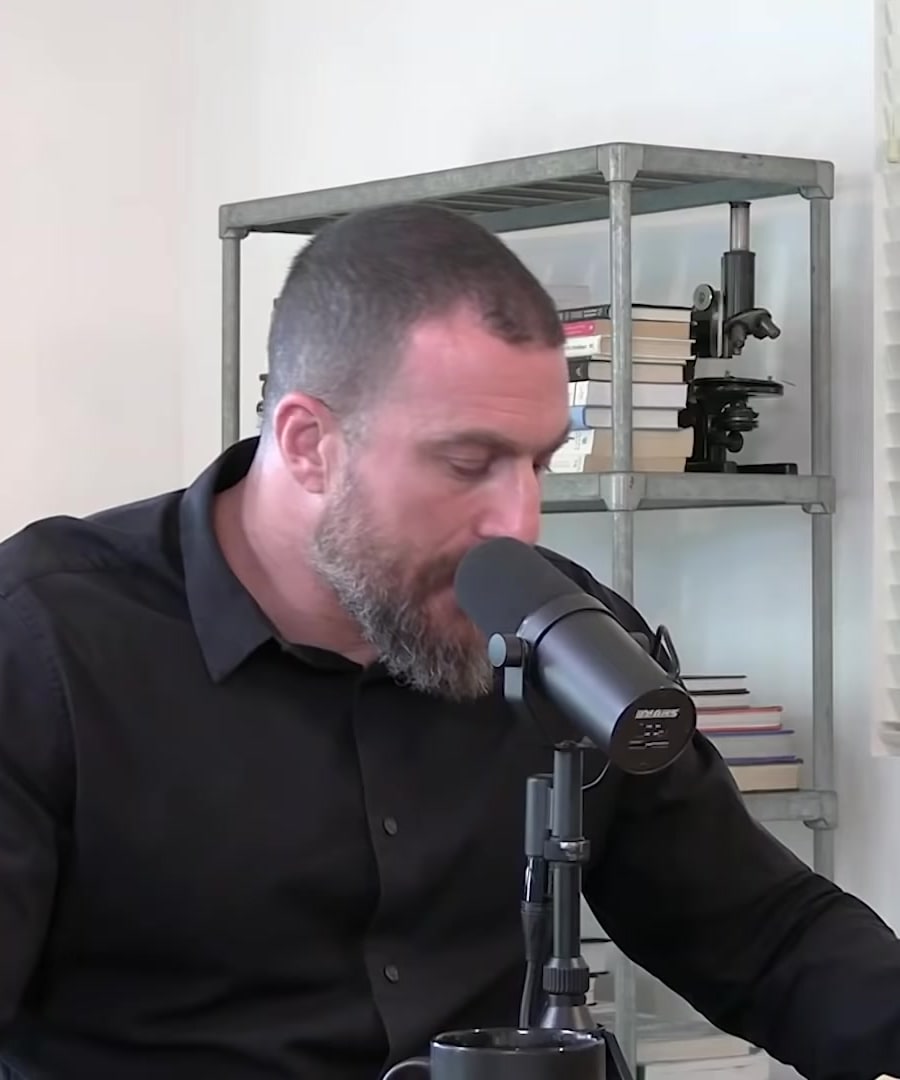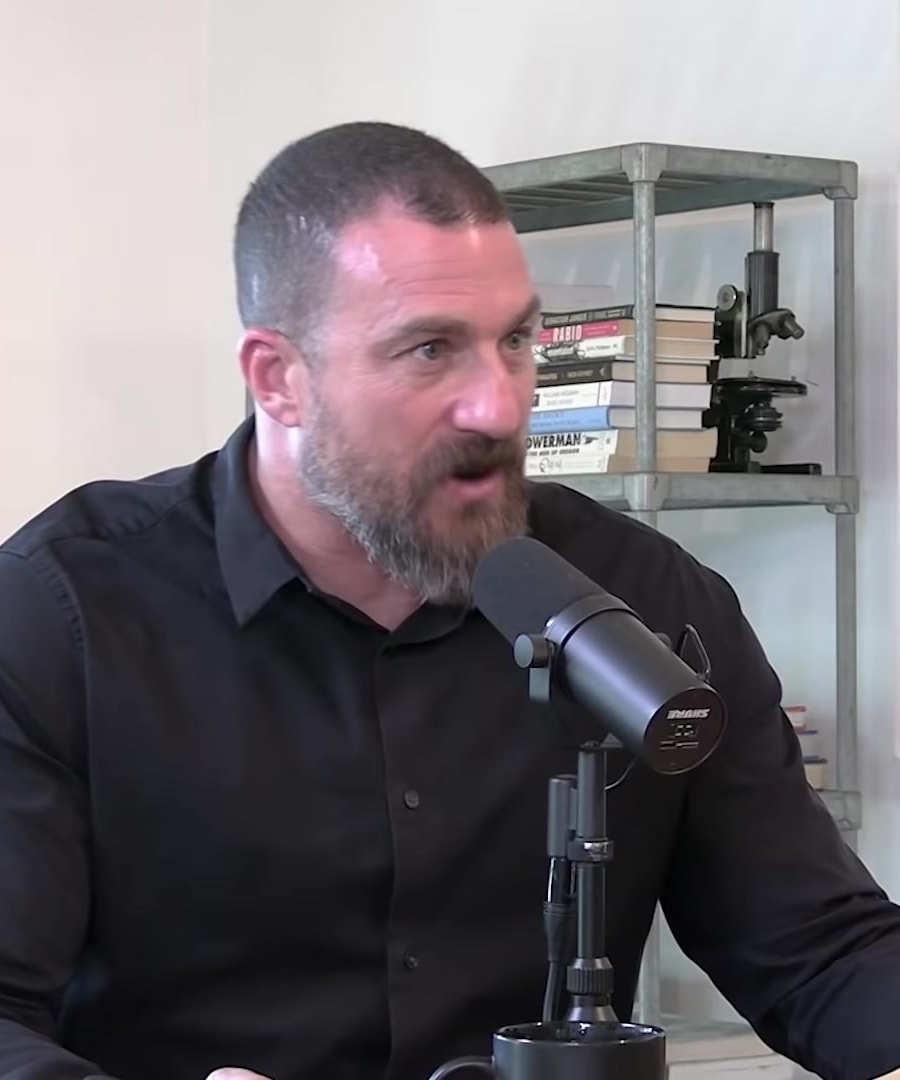Turkestrone
I found information related to , hosted by . To find specific details about Turkestrone, a more detailed search within the episodes can be necessary.
Would you like me to search the episodes for information related to Turkestrone?
RELATED QUESTIONSWhat is Turkestrone?
Sources:
Turkestrone, also called Turkesterone, is a type of ecdysteroid, a group of hormones that play a role in growth and development. According to Kyle Gillett, these ecdysteroids are produced in places such as the adrenal glands and testes in men and in the ovaries and adrenal glands in women. After menopause, women continue to produce similar hormones from their adrenal glands. Turkestrone, when crossing the blood-brain barrier, can act as a GABA agonist, which can help improve sleep 1.
For a deeper understanding, you might want to explore the episode "Hormones and Sleep" from the , specifically involving the discussion between and Kyle Gillett.
RELATED QUESTIONSFadogia
Sources:
Fadogia agrestis is an herb known for its potential effects on hormone levels, particularly testosterone. According to , Fadogia agrestis may increase luteinizing hormone (LH), which then boosts testosterone and estrogen production in both males and females. It's typically taken in dosages of around 600 milligrams per day, with many users reporting elevated libido, sperm production, and hormone levels 1.
However, it's vital to follow dosage guidelines and consider cycling the supplement to avoid potential toxicity. Excessive doses have been linked to toxicity in testicular cells in animal studies, though such effects require very high dosages. A common recommendation is to take the supplement three weeks on, one week off, or eight weeks on, two weeks off 2 3.
Getting blood tests before and after starting Fadogia agrestis is essential to monitor its effects on hormone levels and ensure there are no adverse effects 2.
RELATED QUESTIONS
Turkestrone
- RELATED QUESTIONS
What is Turkestrone?
- RELATED QUESTIONS
Fadogia
- RELATED QUESTIONS



